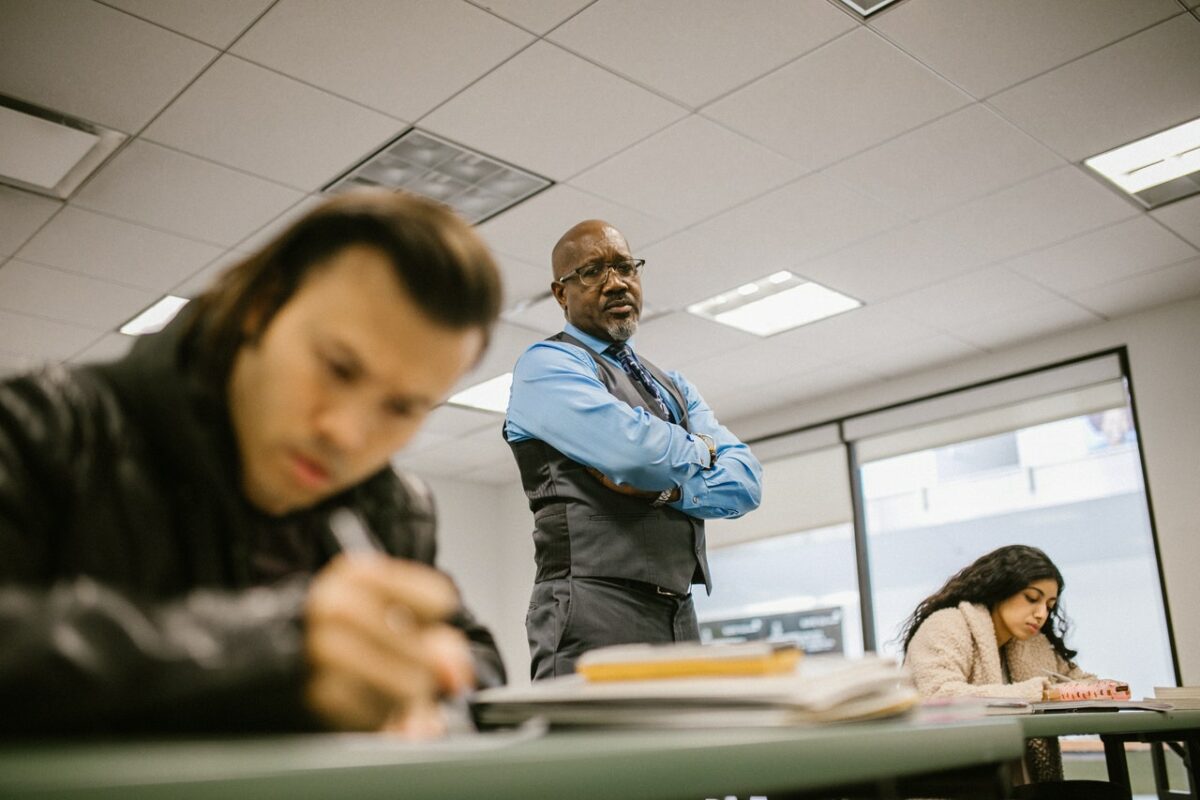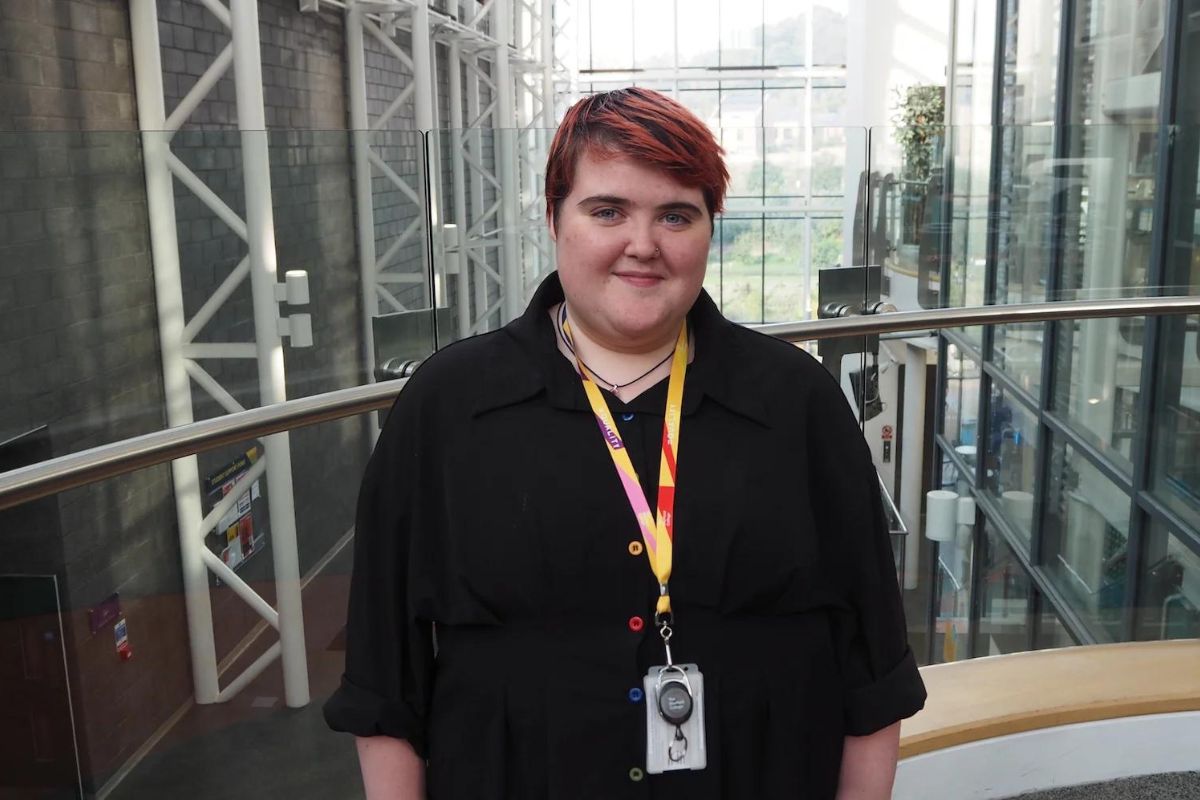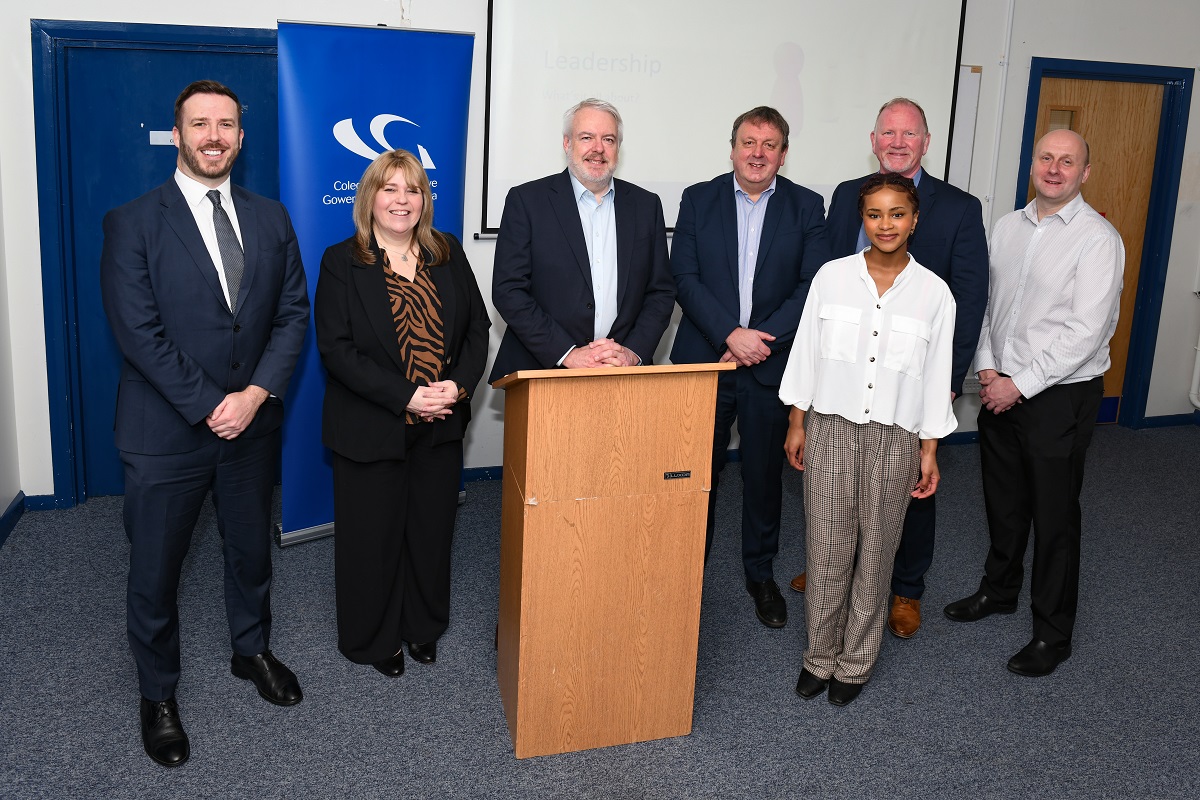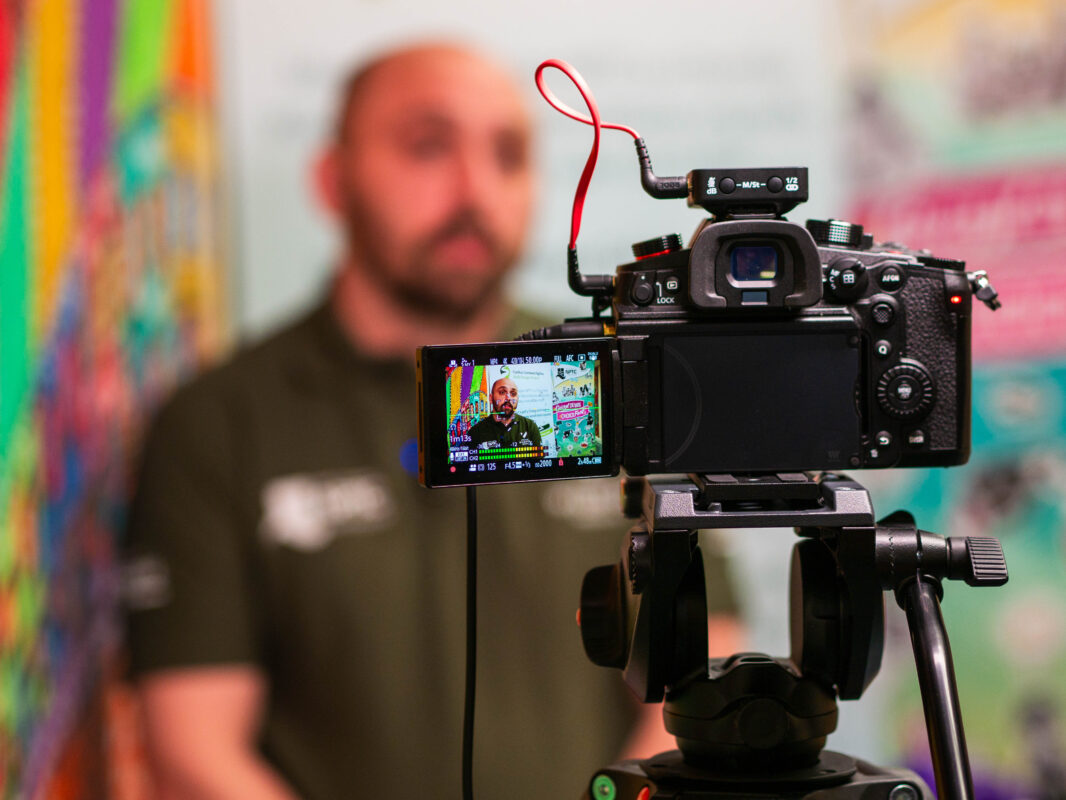IFS: Lack of progress on closing educational inequalities disadvantaging millions throughout life

New research on inequalities, carried out for the IFS Deaton Review of Inequalities and funded by the Nuffield Foundation, finds that disadvantaged pupils start school behind their better-off peers, and the education system is not succeeding in closing these gaps.
Educational inequalities result in substantial differences in life chances, leaving millions disadvantaged throughout their lifetime. The authors find that those who have not been successful at school are left behind by an education system which does not offer the right opportunities for further education.
The research, which is part of evidence gathering for the review, assesses existing evidence and analyses the latest available data. It finds inequalities, such as the disadvantage gap at GCSE, have barely changed over the last 20 years and are likely to increase following the COVID-19 pandemic, which looks to have hit the attainment of poorer primary school children twice as hard as their peers’.
Key findings from the report show that today’s education inequalities are tomorrow’s income inequalities:
- Children from disadvantaged backgrounds also make slower progress through secondary school. Fewer than half of disadvantaged children reach expected levels of attainment at the end of primary school, versus nearly 70% of their better-off peers. And of those who do achieve at the expected level, just 40% of disadvantaged pupils go on to earn good GCSEs in English and maths versus 60% of the better-off students.
- The relationship between family background and attainment is not limited to the poorest pupils: at every step up the family income distribution, educational performance improves. For example, while just over 10% of young people in middle-earning families (and fewer than 5% of those in the poorest families) earned at least one A or A* grade at GCSE, over a third of pupils from the richest tenth of families earned at least one top grade.
- Ten years after GCSEs, over 70% of those who went to private school have graduated from university compared with just under half of those from the richest fifth of families at state schools and fewer than 20% of those from the poorest fifth of families.
- Educational inequalities translate into large future earnings differences. By the age of 40, the average UK employee with a degree earns twice as much as someone qualified to GCSE level or below. In part this reflects very slow earnings growth for the low-educated: the most common annual salary for 45- to 50-year-olds with at most GCSEs is between £15,000 and £20,000, which is exactly the same as for 25- to 30-year-olds with these qualifications.
With poor qualifications and low skills holding back millions of adults, perhaps the biggest failure of the education system is the lack of clear paths and second chances for those who do not achieve well at age 16.
- Spending on adult education in 2019–20 was nearly two-thirds lower in real terms than in 2003–04 and about 50% lower than in 2009–10
- Adults in the UK are almost half as likely as German adults, and a quarter as likely as American adults, to start an advanced vocational qualification. This contributes to a ‘missing middle’ of advanced vocational qualifications, sandwiched between large numbers of people with degrees and large numbers with low qualifications.
- The lack of clear paths, and large funding cuts in recent years, have hampered adult education. This fall was mainly driven by the removal of public funding from low-level classroom-based courses, which has made it more difficult for adults with few existing qualifications to access educational opportunities.
Sector Response
Imran Tahir, a Research Economist at IFS and an author of the report, said:
‘We can’t expect the education system to overcome all the differences between children from different family backgrounds. But the English system could do a lot better. School funding has become less progressive over time, and the resource gap between the state sector and independent schools is widening. Teaching in more disadvantaged schools is less good: while virtually all schools serving the most affluent had “outstanding” or “good” teaching, nearly a quarter of schools serving the most disadvantaged had teaching that “requires improvement” or is “inadequate”.
‘Among pupils who are behind expectations at the end of primary school, fewer than one in ten goes on to earn good GCSEs in English and maths – meaning that we bake in failure from an early age. And the fall-out from the COVID-19 pandemic has moved us in the wrong direction, lowering attainment and widening inequalities. If the government is to meet its mission to have 90% of pupils attaining the expected level at the end of primary school, it needs to prioritise the education system and especially the disadvantaged pupils within it.’
Rebecca Durber, Director of Public Affairs at AELP (Association of Employment and Learning Providers) said:
“The latest IFS research shines a light on significant, entrenched inequalities in the education system and wider society. The government must work towards a system where everyone- no matter what their background may be- can achieve great things through learning and work.
“With just 40% of disadvantaged pupils going on to get good GCSEs in maths and English, it is too often left to post-16 education providers to deliver these vital skills. Funding for functional skills in apprenticeships has not been reviewed since 2014- and remains around half the amount of funding available for delivery in classrooms. This means that unfortunately, many providers cannot deliver functional skills without incurring a loss. This needs to be addressed as a matter of urgency, particularly considering the wider impact of inflation.
“The government should also address declining participation in adult education by doubling the current £1.3bn investment in the adult education budget. This would bring funding back to the level of investment a decade ago. More investment is needed to support disadvantaged adults develop work-ready skills and enable employers to fill skills gaps. The next Prime Minister must focus their efforts on tackling the attainment gap by investing in quality education for young people and adults alike. Only then will we break down these significant inequalities.”
Philip Le Feuvre, Chief Strategy Officer at NCFE, said:
“The stark findings of this report should act as a wake-up call for our political classes and the wider public. Inequalities within education start in early years and the gap grows from there. We need a system that works for everyone, no matter where they live or what background they come from, so that no learner is left behind.
“The purpose of education is to help create a fairer, more inclusive society – education should be the great leveller. Learners need to be equipped to make the best choices for them over a lifetime of learning, with equality of opportunity whatever the start-point, and whatever the desired destination.”
Professor Sandra McNally, a Professor at the University of Surrey, Director of the Centre for Vocational Education Research LSE and an author of the report, said:
‘The education system in England has long prioritised young people taking the well-worn path from GCSE to A level to university. But the options for young people who do not earn good GCSEs at age 16 are limited, confusing and often not very lucrative. Pathways to higher levels of learning are opaque for such learners. The post-compulsory system in general can lead towards narrow choices with little opportunity for second chances later on. Big cuts to adult education budgets over the past two decades have squeezed the sector even further. With challenges like COVID-19 and the Net Zero transition boosting the demand for new skills, providing clear, useful and well-resourced routes in the vocational education sector is more important than ever.’
Josh Hillman, Director of Education at the Nuffield Foundation said:
‘This comprehensive account of educational inequalities in the UK demonstrates the lifelong impact that the disadvantage gap can have on people’s life chances. The evidence on how difficult it is for children to catch up if they fall behind in school is particularly worrying given the impact of the COVID-19 pandemic. If we are to address educational opportunities it is crucial that any reform of the system considers all phases of education and that it addresses the socio-economic factors that lead to disadvantage.’
Bridget Phillipson MP, Labour’s Shadow Education Secretary said:
“Some 12 years of Conservative governments have utterly failed to tackle inequalities across the education system which are letting down our children and holding back young people’s opportunities and life chances.
“200,000 primary school children do not have access to a good or outstanding school, teachers are leaving our schools in record numbers, GCSE grades among children on free school meals are going backwards. The Tories are messing about with school structures, not improving children’s outcomes: they are failing our children.
“Labour is totally focused on improving outcomes. We will end tax breaks for private schools and invest that money in thousands of new teachers, ongoing teacher training and development so every child has skilled expert teachers, and professional careers advisers so young people know the options open to them.”
Geoff Barton, General Secretary of the Association of School and College Leaders, said:
“This IFS research reflects the fact that we remain a deeply-divided, class-ridden society with a depressingly close alignment between family income and educational attainment, such that it is in fact a vicious circle which contributes to generational disadvantage.
“To break out of this circle we cannot just keep doing more of the same. Government policy is in a rut of meaningless targets, empty rhetoric and pitiful levels of funding. The attainment gap between disadvantaged and other children starts early in their lives and widens as they grow older.
“We need to see investment in early years education, better support for schools which face the greatest challenges, funding for schools and post-16 education which matches the level of need, and a rethink of qualifications and curriculum so that they work well for all learners. The government must also tackle the scourge of child poverty.
“The stark reality is that the disadvantage gap will never close at the current rate of progress.”
Natalie Perera, Chief Executive of the Education Policy Institute, said:
“Today’s report makes clear that efforts to reduce educational inequality in England have not moved either fast enough or far enough over recent years. These findings mirror much of our own research, which has demonstrated that only very modest gains have been made in closing the attainment gap between disadvantaged pupils and their more affluent peers over the last decade.
“It’s frankly not good enough that so little progress has been made in addressing this. Targeting greater resource at deprived schools and pupils is needed, together with focused efforts to improve the recruitment and retention of high-quality teachers in deprived areas of the country. Alongside all of this, there must also be a concerted cross-government child poverty strategy, if we are serious about reducing inequalities and “levelling up”
Baker Dearing Educational Trust chief executive Simon Connell said:
“We welcome the IFS calling for education providers to offer viable alternatives to students, aside from the academic route. University Technical College students have benefited greatly from experiencing a blend of academic and technical subjects and we expect many of them to progress to higher technical education – including degree apprenticeships – after A-level results day this week.
“However, we do not agree with the IFS’ inference that technical education options should be targeted at those who fall behind at school. Young people at any level of ability ought to be able to consider studying a technical education route. Industries developing green technologies and creating the digital future will need skilled workers at every level. Indeed, as the IFS’ report shows, advanced vocational qualifications already appear to lead to even higher earnings than degrees for young people.”












Responses